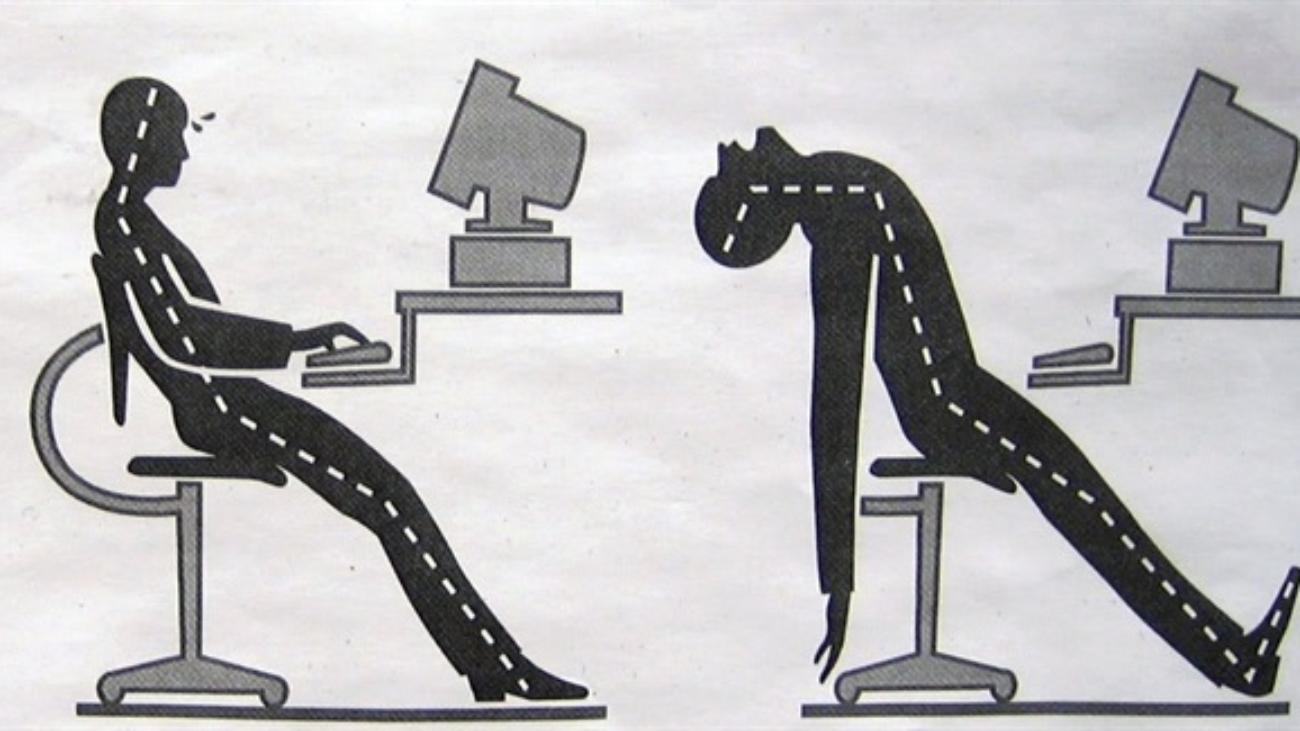The eight-hour workday developed during the industrial revolution in Britain in the 19th century, as a respite for factory workers who were being exploited with 14- or 16-hour workdays.
As technologies and methods advanced, workers in all industries became able to produce much more value in a shorter amount of time. You’d think this would lead to shorter workdays.
But the 8-hour workday is too profitable for big business, not because of the amount of work people get done in eight hours (the average office worker gets less than three hours of actual work done in 8 hours) but because it makes for such a purchase-happy public. Keeping free time scarce means people pay a lot more for convenience, gratification, and any other relief they can buy. It keeps them watching television, and its commercials. It keeps them unambitious outside of work.
Interesting perspective.
I’m seeing this in my own life. Repeatedly working a strict 8-hour day (plus travel) leaves me tired, time-poor and far too quick to choose to purchase (food, electronics etc.) as a way to make things more ‘easy’ and ‘enjoyable’. Working a more flexible schedule with correctly-set priorities (focusing on my own health, family and community) leads to a much more satisfactory financial and lifestyle balance.
More > (well worth reading in full… h/t to Jon Husband for the link)

